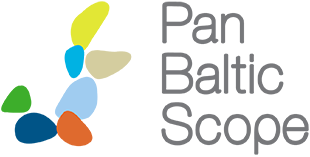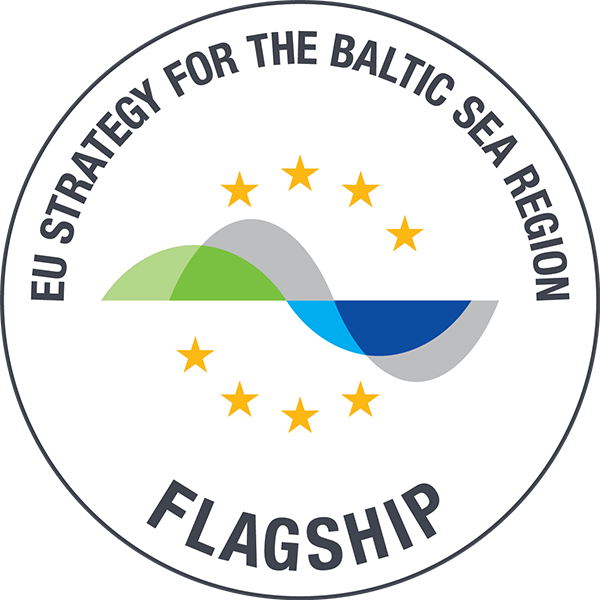Here are the highlights and outcomes of the meeting with two workshops organised by the Government of Åland with its project partners, the Regional Council of Satakunta, the Swedish Agency for Marine and Water Management, and Nordregio, hosting on Åland on 15-16 October.
The main focus of discussions were the future development of the sea and how we can benefit from each other, cross-nation and cross-sector wise to support Blue Growth and sustainable development with the Maritime Spatial Plans in the Baltic Sea. Experts, policymakers, and planners were invited to network and collaborate on themes, which will increase cross-sectoral and transboundary development.
Blue Growth and Economy in the Gulf of Bothnia
• The day started by presenting shortly why Baltic Scope grew into Pan Baltic Scope and how Pan Baltic Scope can contribute with a better holistic approach to the development of the Baltic Sea Maritime Spatial Plans.
• Our three “Nations” Finland, Åland and Sweden (FIAXSE) presented each their MSP processes and the needs and why’s an MSP is or has been, designated in their areas. What does an MSP mean and how can MSP support Blue Growth? Development possibilities and needs were key-features that are important drivers behind successful implementation of MSP’s.
• Relevant topics that were mentioned were:
⊸ How much can Blue Growth grow, what is the potential and when and where do the biological limits restrict growth.
⊸ How do we manage Blue growth sustainably so that we can develop economies as well as the environment, where do we have to compromise?
⊸ The need for Blue Economy sectors to grow cannot be denied any further, and therefore we need to be able to map the needs of the sectors and identify possibilities to support Blue-Growth in MSP’s.
• WWF, wpd, Luke, & ELY-keskus presented interesting and important topics, as well as Blue Growth sectors and all, mentioned the importance of involving the stakeholders in the MSP’s to collaborate, not only nationally, but also internationally, as we share the same sea.
• Together we can develop more than if we were to try to develop separately. Therefore, future development needs to be transboundary as well as trans-sectoral.
• “One Sea – Countless Possibilities”
Blue Growth and Economy in the Bothnian Sea and Archipelago area
• This workshop was meant to dig in deeper, and we received interesting presentations from BONUS Basmati as well as the tools they are developing.
• The Whole Pan Baltic Scope project was presented shortly to explain the different work packages and the needs to why we have so many activities.
• The Baltic sea is complex and to understand a complex system we need to approach it from multiple aspects.
• We had interactive workshops regarding Land Sea Interaction with mentimeter-questions where topics and questions were highlighted on how we interpret blue growth and what do we need to do with our interpretations.
• We finalized our day with a map-workshop where we continued to discuss the maps, draw our ideas and identified the collaboration, complexity and the needs for the areas.
• We also had a modelling map for aquaculture which activated interesting discussions between planners, biologists, aquaculture representatives as well as nature conservationists.
• Our topics today highlighted the need to collaborate starting with a definition of collaboration and how it equals negotiation and compromise. Therefore, it was an excellent first step into how we can identify collaboration topics and needs before we can develop together.
• Some of the collaboration topics were between fisheries, NATURA, wind-energy and recreational needs.
• How can we preserve the environment while we develop the Blue Growth sectors, where can we compromise and find solutions that benefit both?
Together we can bring better plans for the Baltic Sea.





